Thunderbolts*: The Marvel Cinematic Universe Goes To Therapy
Marvel's Thunderbolts* is the origin story of a new decade of people—fictional and real—hoping to move on from the Avengers into an era of uncertainty and promise.
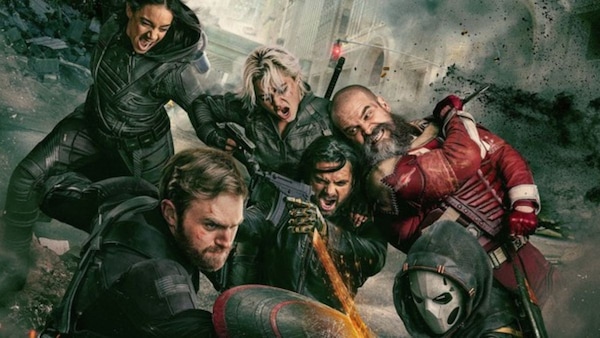
Promo poster for Thunderbolts*
Last Updated: 12.41 PM, May 02, 2025
THE 36TH FILM in the Marvel Cinematic Universe (MCU) features a group of antiheroes — self-loathing misfits, actually — who’re struggling with the consequences of being questionable people with traumatic pasts. They’re former assassins, disgraced supersoldiers and failed superhero successors who find themselves teaming up after realising that CIA director Valentina De Fontaine (Julia Louis-Dreyfus) is trying to get rid of them as ‘evidence’ of her misconduct.
There’s Yelena Bolova (Florence Pugh), a numbed ‘clean-up agent’ who’s still affected by the death of her adoptive sister Natasha Romanoff. There’s John Walker (Wyatt Russell), the almost-Captain America, whose personal life is in tatters after receiving a dishonourable discharge from the army. There’s Ghost (Hannah John-Kamen), Red Guardian (David Harbour) and ‘Congressman’ Bucky Barnes (Sebastian Stan) as well. But there’s also a new guy called Bob (Lewis Pullman), a mentally unstable test subject who might be reacting to the serum in unpredictable ways. Also, they christen themselves ‘Thunderbolts’ — after one of Yelena’s childhood teams (that always lost).
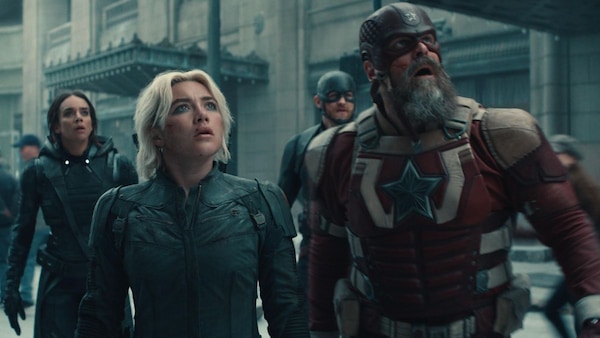
Grief and depression are complex human conditions. But they’re also covert superpowers, if ‘harnessed’ properly. You become unbreakable when there’s nothing left to break; you become invincible when there’s nothing left to feel. M. Night Shyamalan’s Unbreakable trilogy first floated the “broken are the more evolved” philosophy. Now, and finally, it’s Marvel’s turn to grow up and speak in adult language. The ‘villain’ of the film is an alter-ego of a depressed individual called The Void — he turns victims into shadows, spreading his darkness across New York because he wants everyone else to feel the way he feels. He wants everyone else to be as lonely — and alone — as he is. Yelena connects with him early on because grief recognises grief: it’s a private community, a unique bond that allows people to sense each other without saying much.
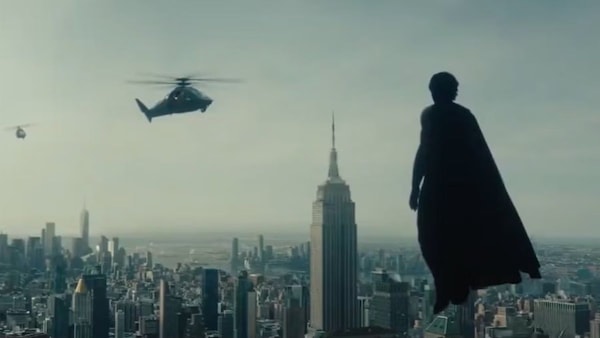
Thunderbolts* has a soul beneath layers of superhero set pieces and tropes — it mixes a bit of Inception (shame rooms full of old memories) with some Inside Out and Hancock. It’s not subtle with its gimmicks and visual symbolisms, of course, but it suggests that all the superhero fans who flock to theatres in search of escapism and thrills are inherently wired to avoid the imperfections of being human. It forces most MCU enthusiasts to confront the very life that the comic-book multiverse protects them from.
It also acknowledges the psychological toll of a post-Avengers world—not only on the characters and shattered pretenders within its universe but also on the Marvel landscape fumbling around in the dark and looking for purpose in the aftermath of Avengers: Endgame (2019). It’s been grieving the end of an era ever since—and the desperation of characters like Valentina to recapture those glory days (by buying the ‘tower’ and running toxic test programs) reflects the desire of a franchise that keeps trying to replicate the success of the past. The casualties of this power grab now form a new wasteland of caped and armoured rejects, many of whom are weaponising their vulnerabilities to represent a reformed generation of emotionally-enhanced and sensitive superheroes (who’d probably be the first to ask for mental health days at work). Most of them feel a lot—a trait that millennials and boomers often frown upon—and it’s these feeling(z) that become their shields in a battle of nostalgia and apathy.
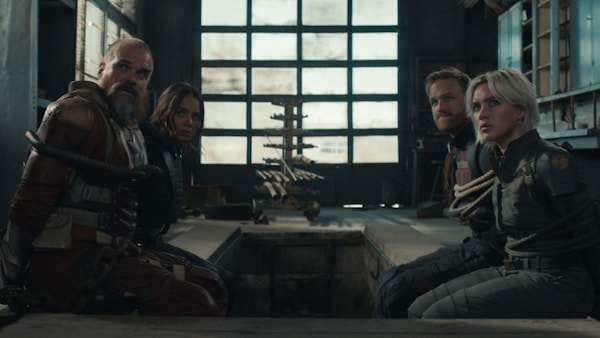
Thunderbolts* is a significant—and poignant—step in this direction; it recognises the untapped space in the ‘voids’ of those with very little left to lose. The Avengers that everyone misses were the kind of superheroes who’d tease their younger aspirants for being too soft and precious. That preciousness is no longer a stigma in Phase Five of the MCU. If anything, the sadness makes this crop more relatable: a no-no in the superhero handbook, but a yes-yes in the superhero-fatigue age of 2025. Florence Pugh is the most accurate manifestation of this change—she oozes a deadness and impassivity in this film that, in the real world, characterises a 20-something mindlessly scrolling through her cell phone. Along with Lewis Pullman as the shapeless Bob, she becomes the asterisk in the title.
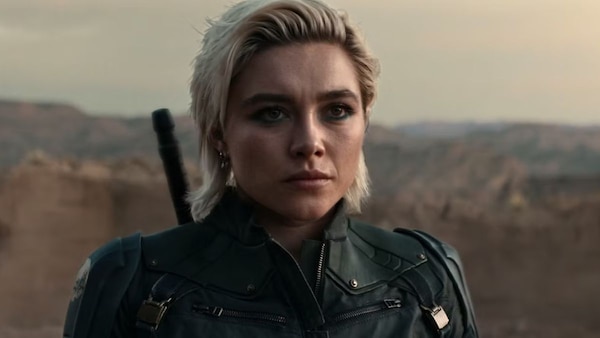
It’s sort of strange to see any capitalist franchise gear into confessional mode. The irony is almost moving. Perhaps this film is them admitting that humanity is what happens to us while we were busy making hero-sized plans. Or perhaps it’s just the origin story of a new decade of people—fictional and real—hoping to move on from the Avengers into an era of uncertainty and promise. It won’t be easy, of course. Just ask the lost fans who grew up watching Federer, Nadal, Djokovic, Tiger Woods, Messi and Ronaldo. The future is here, but therapy is expensive. So are 3D movie tickets during long weekends.
